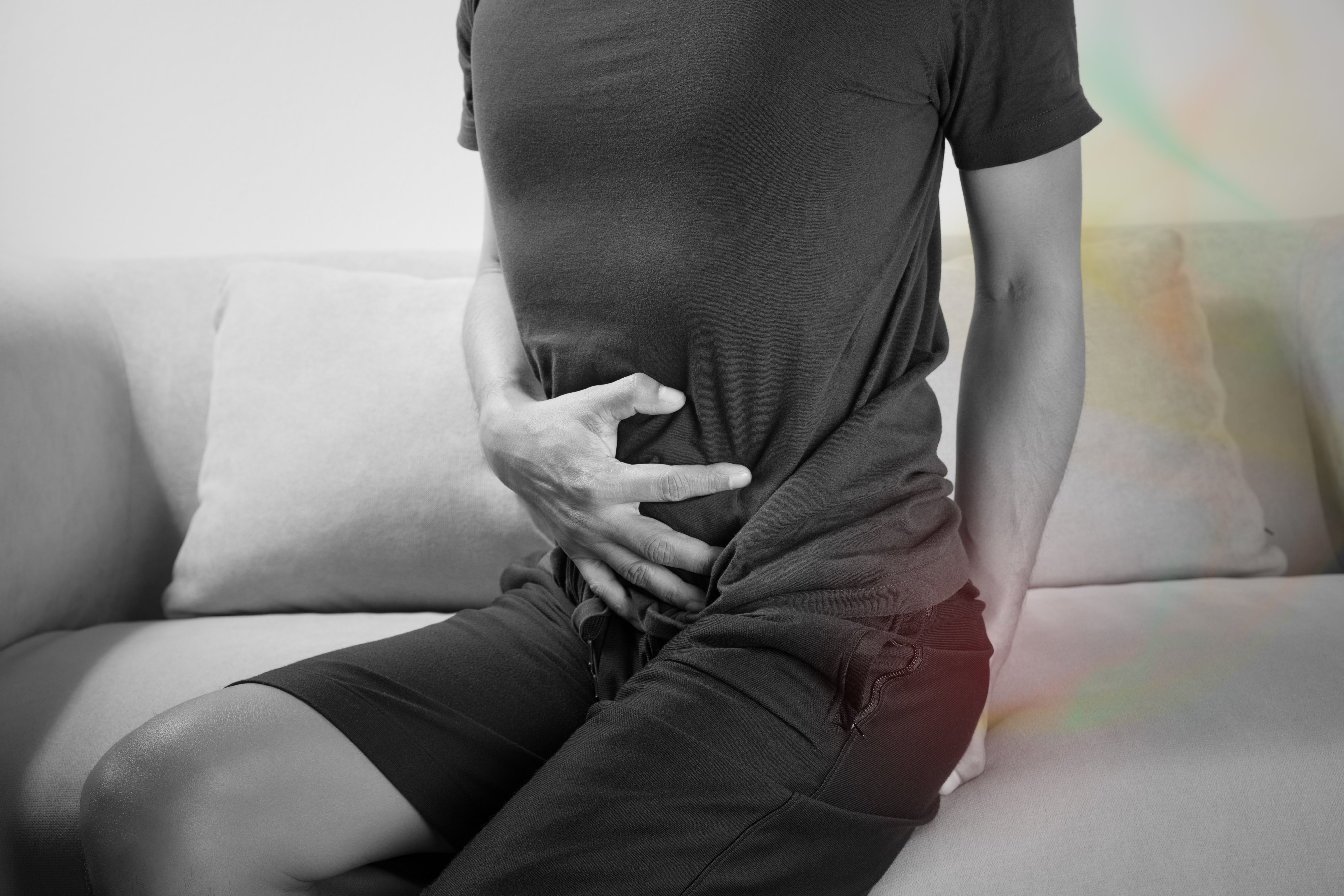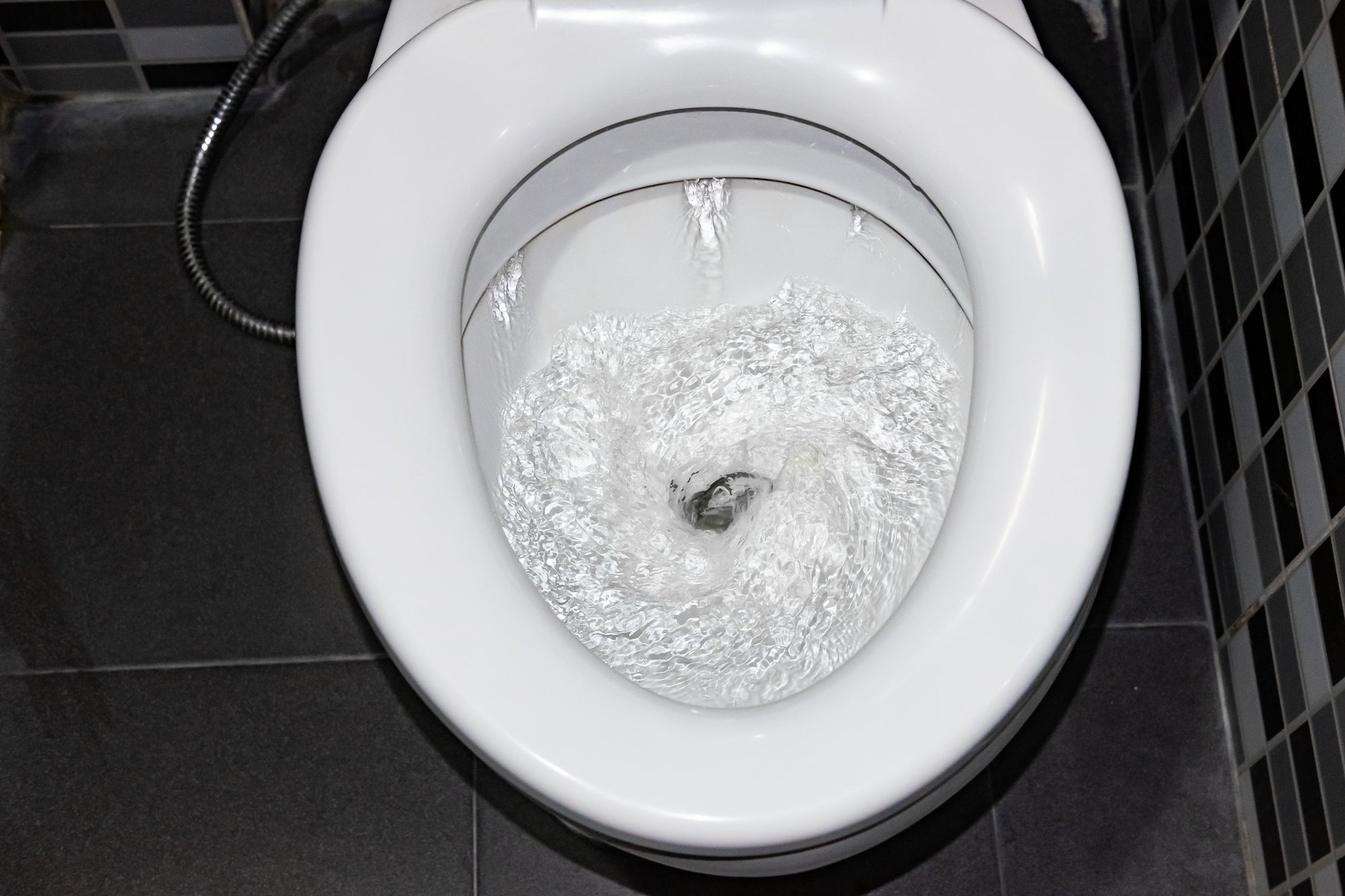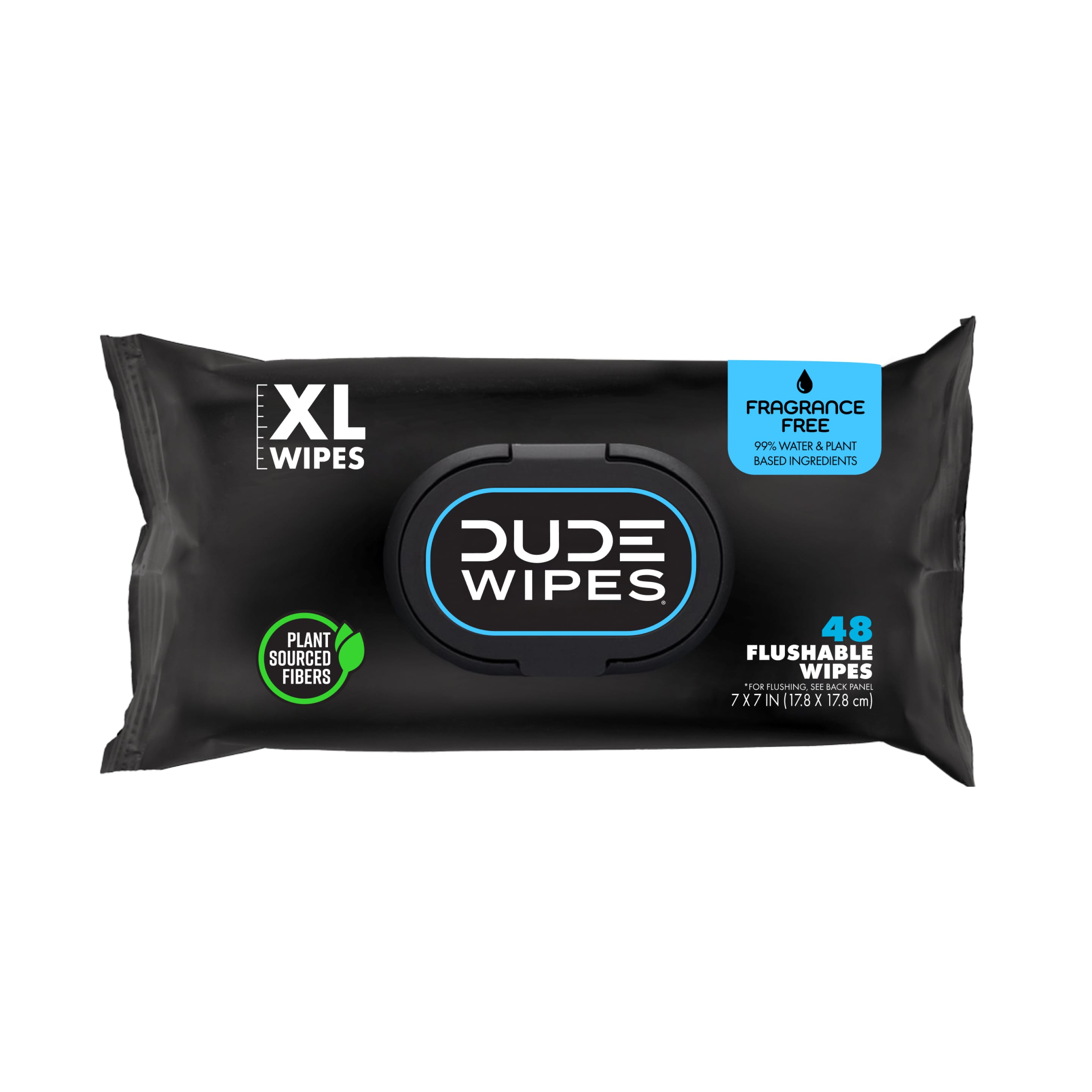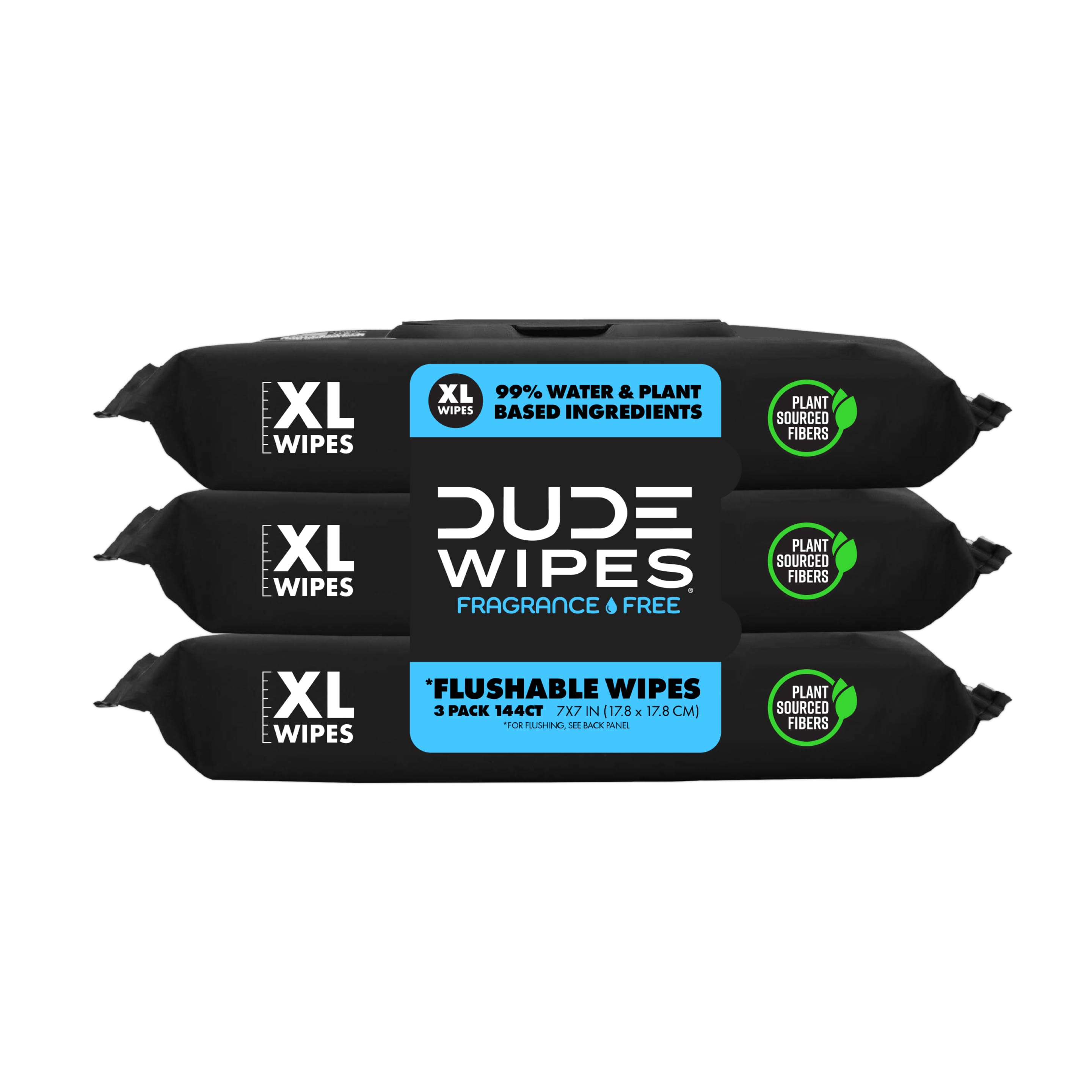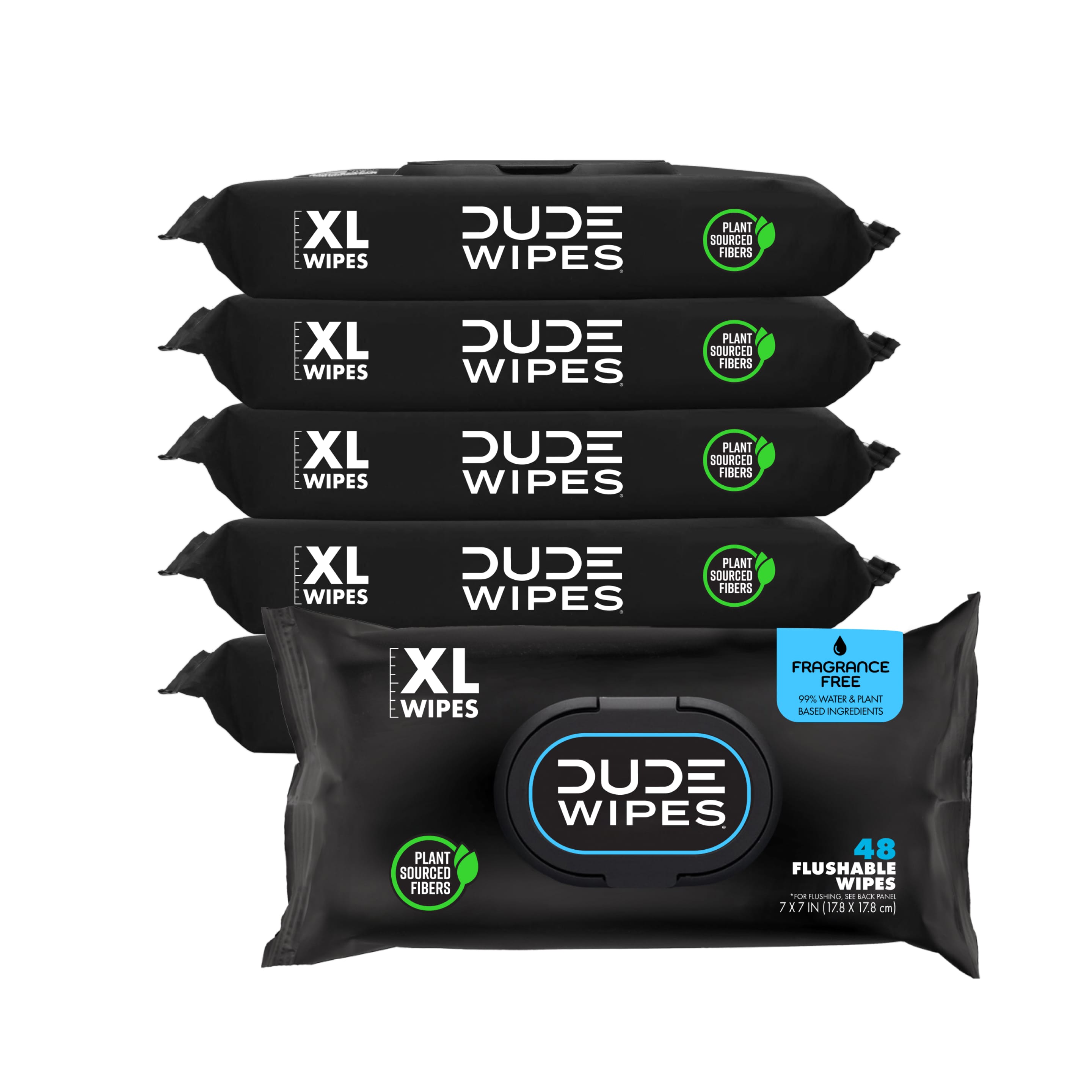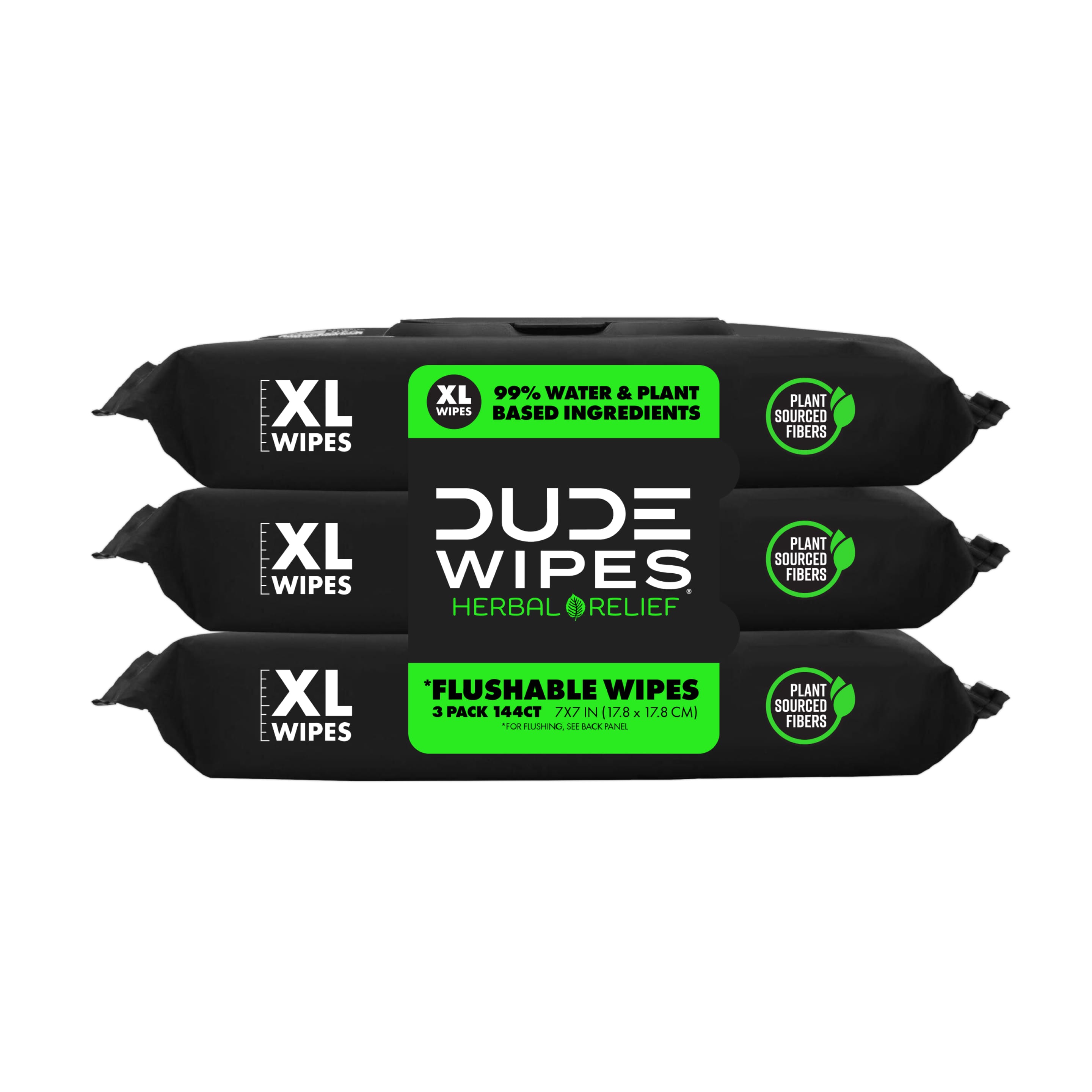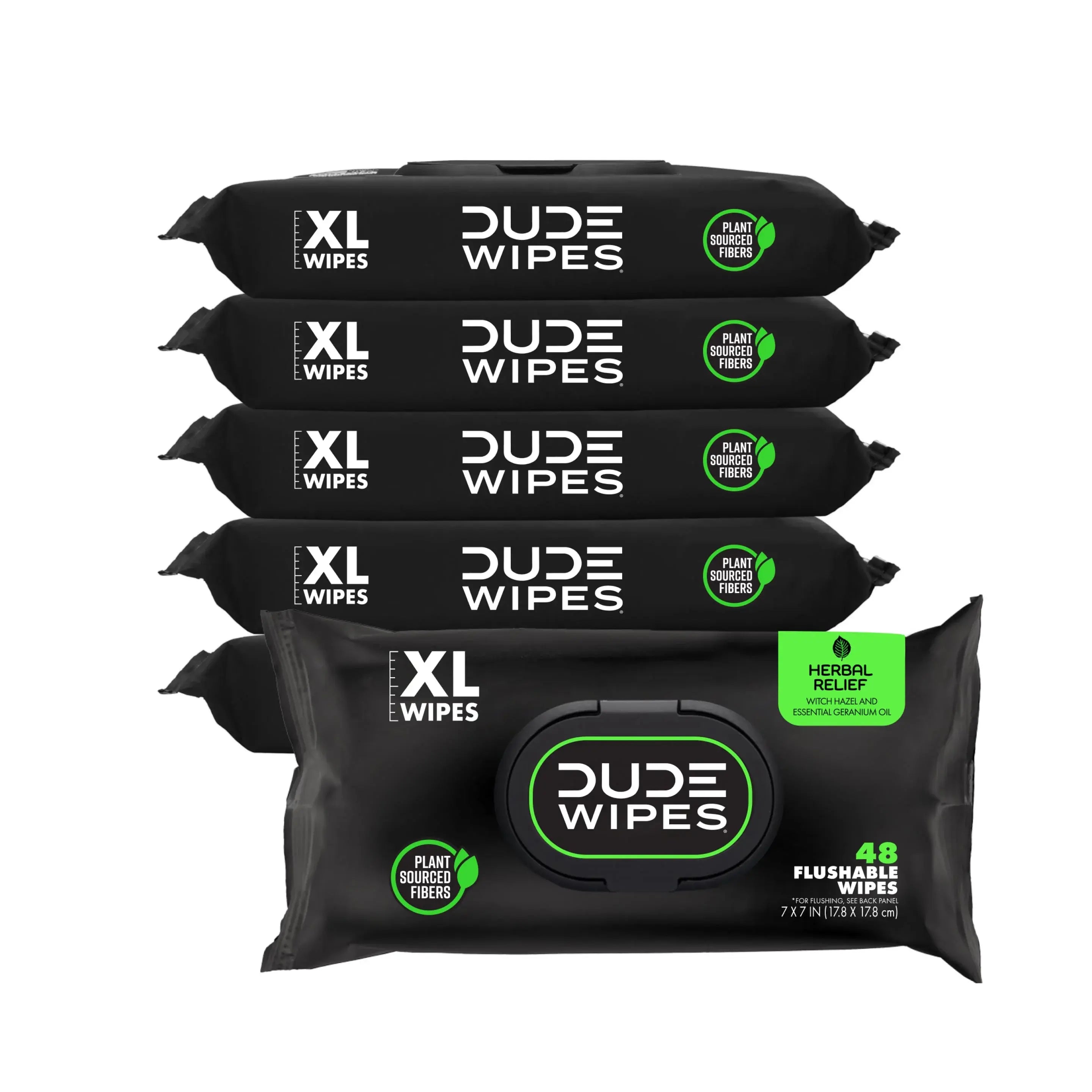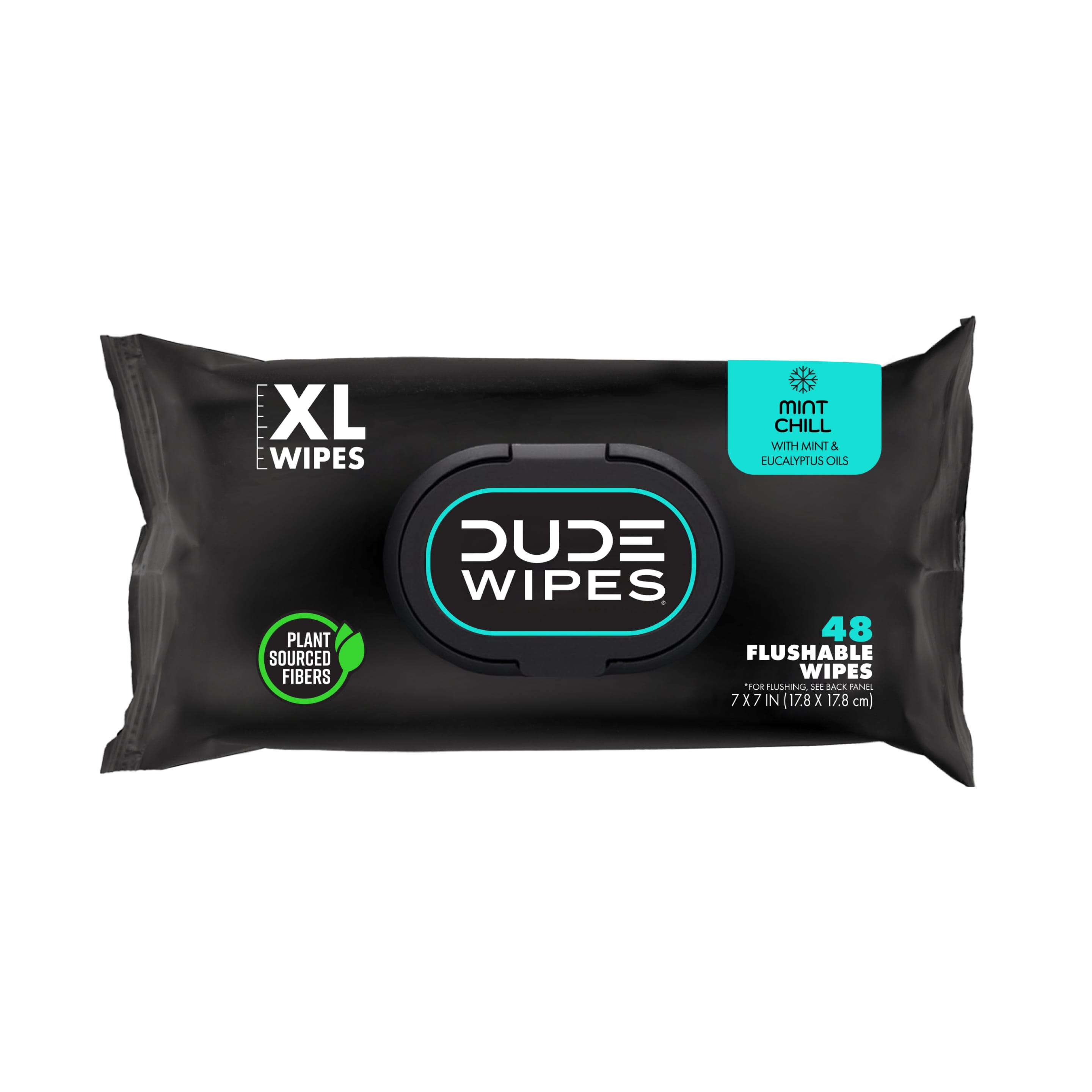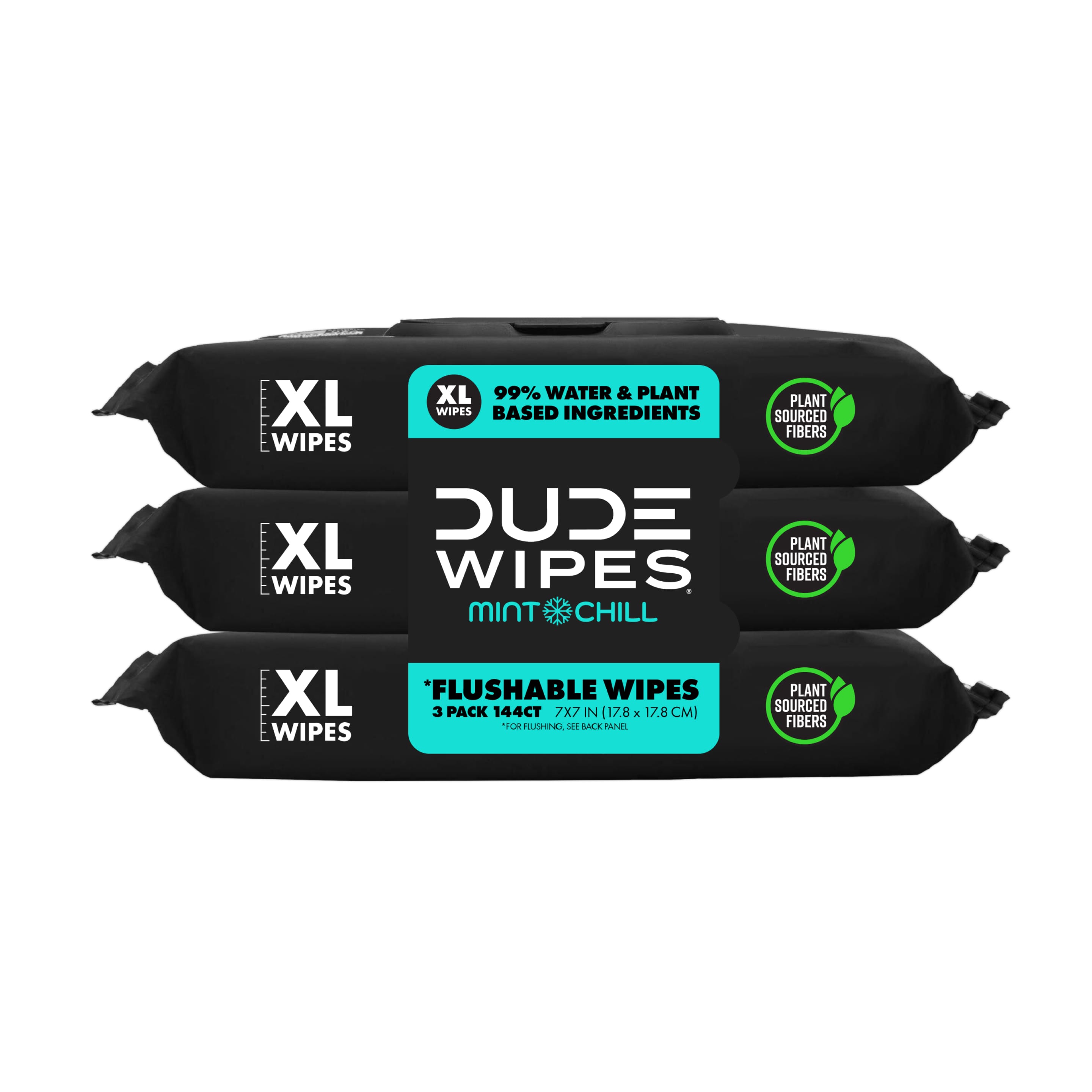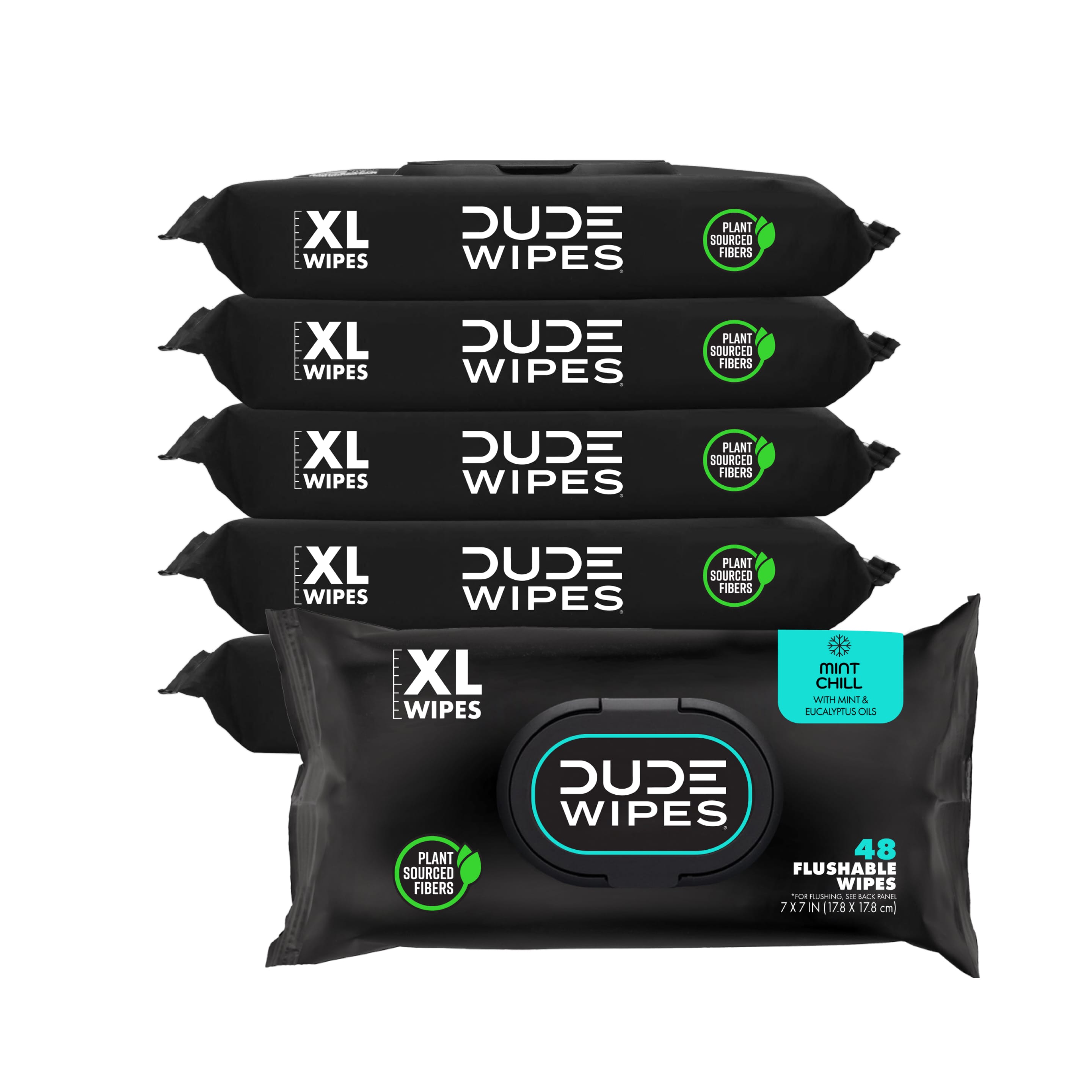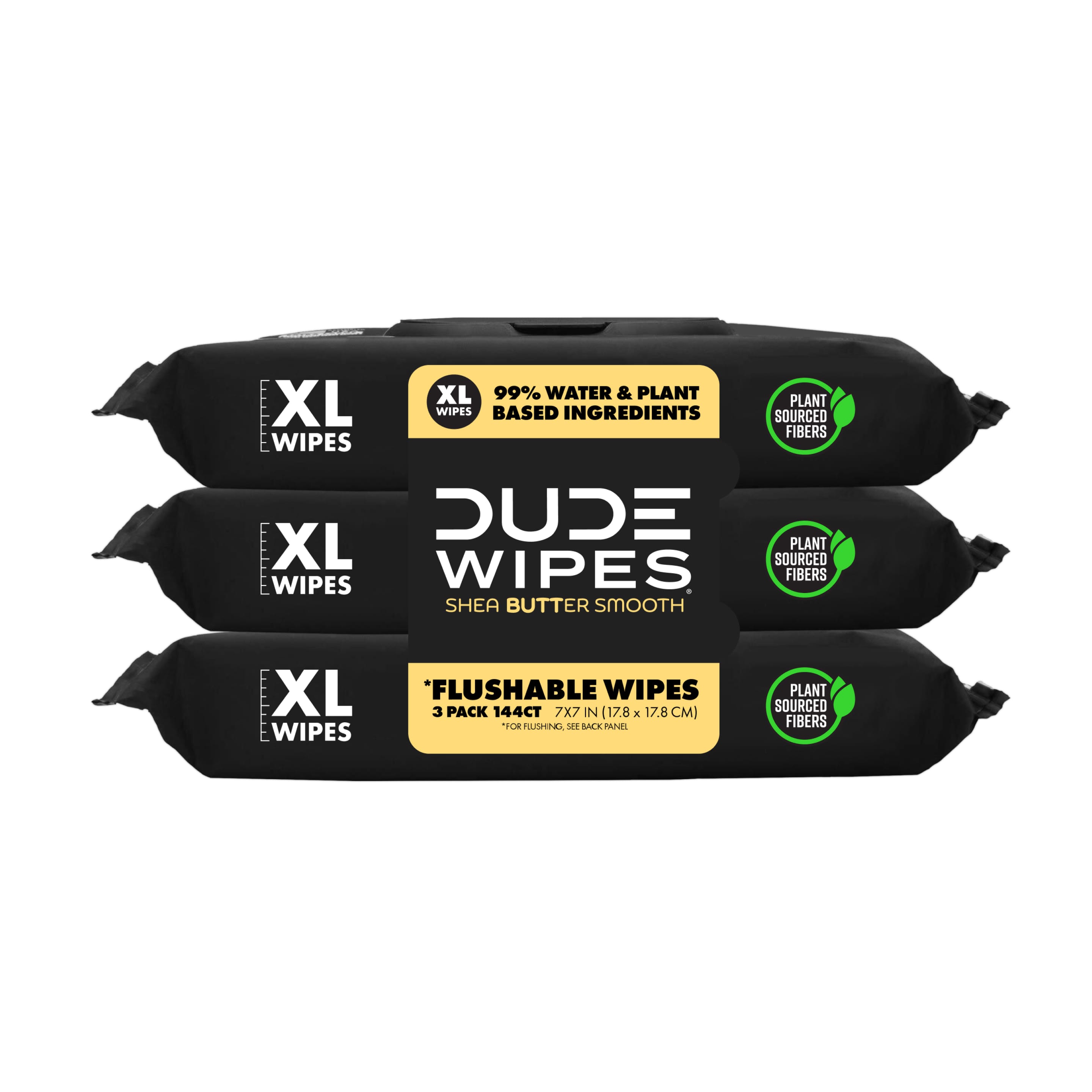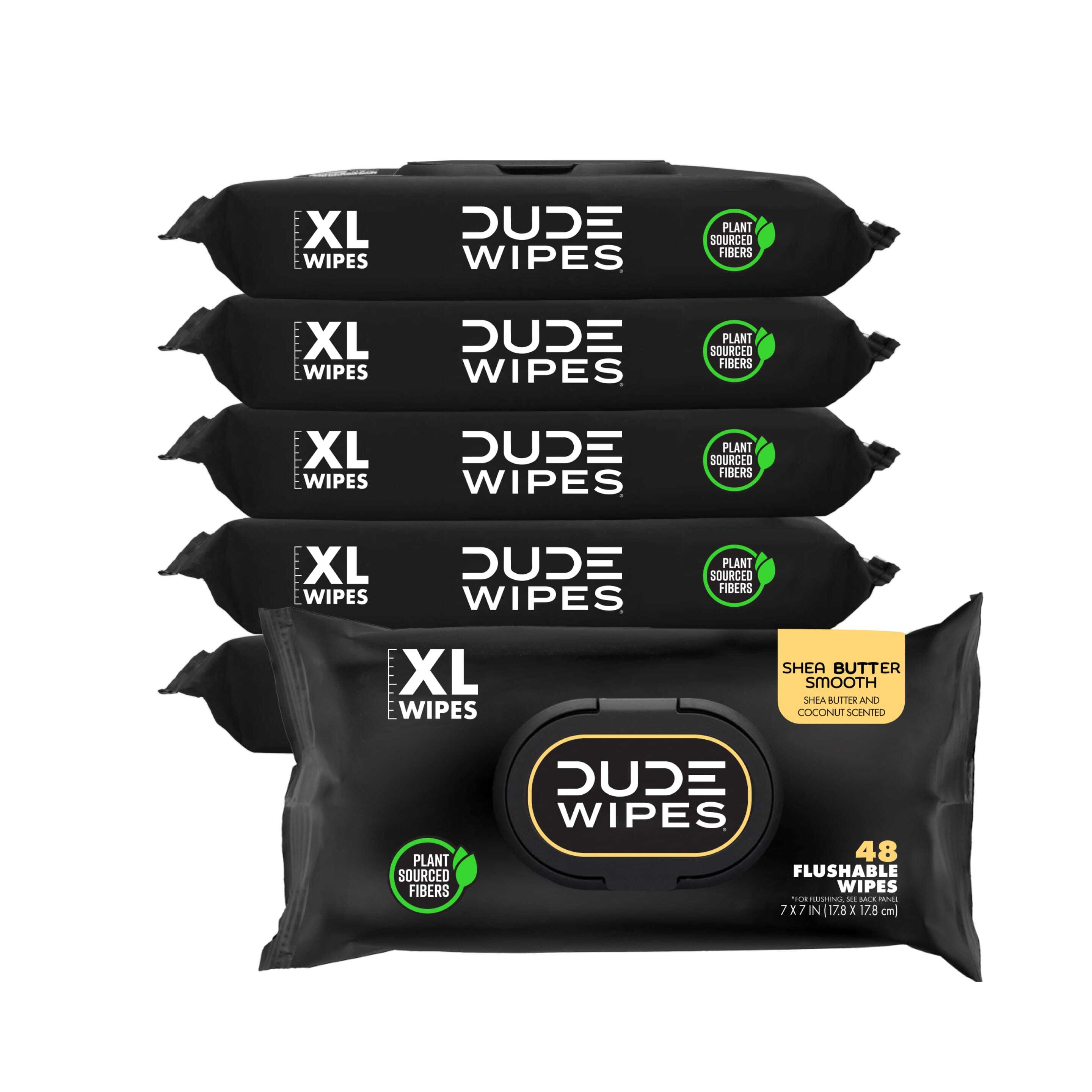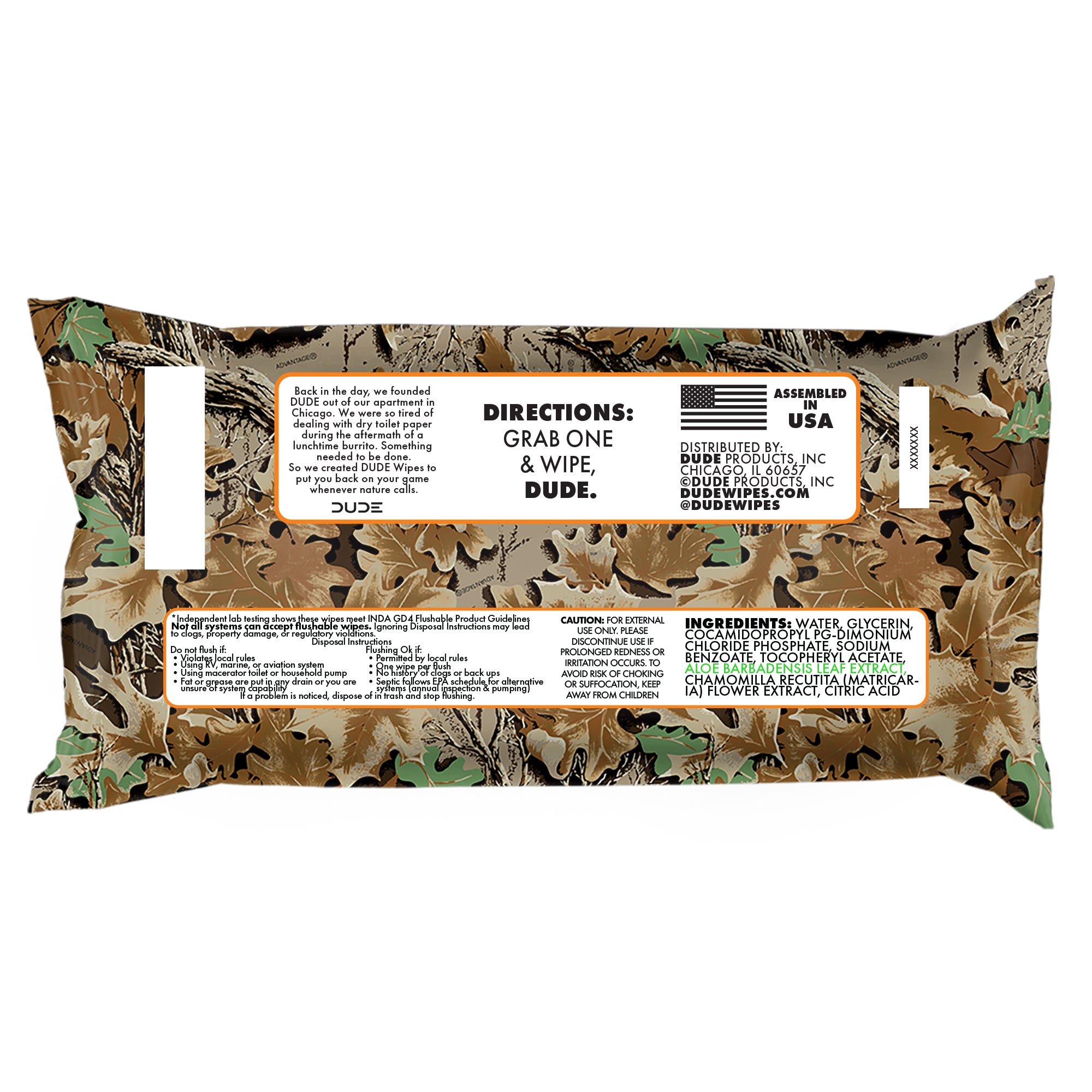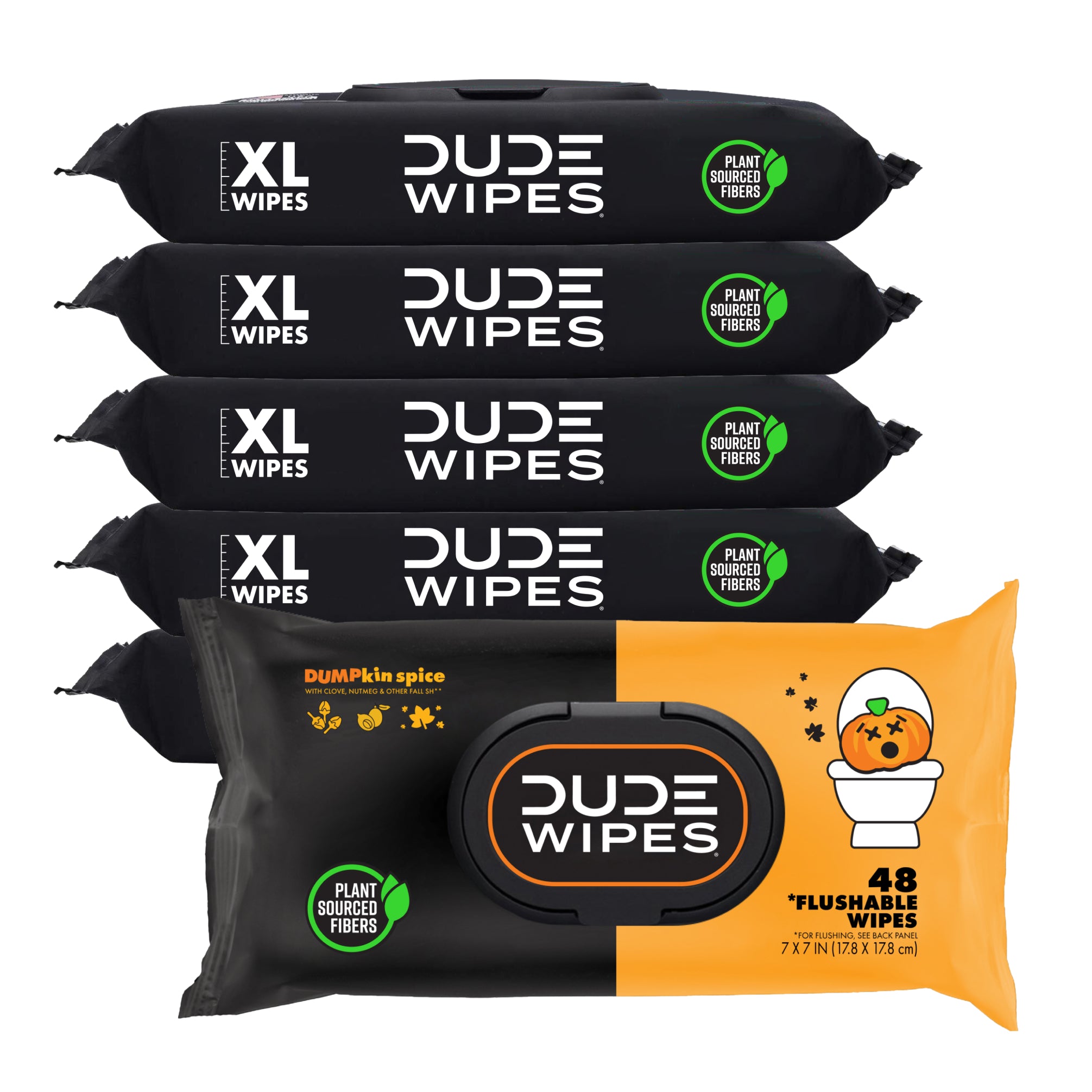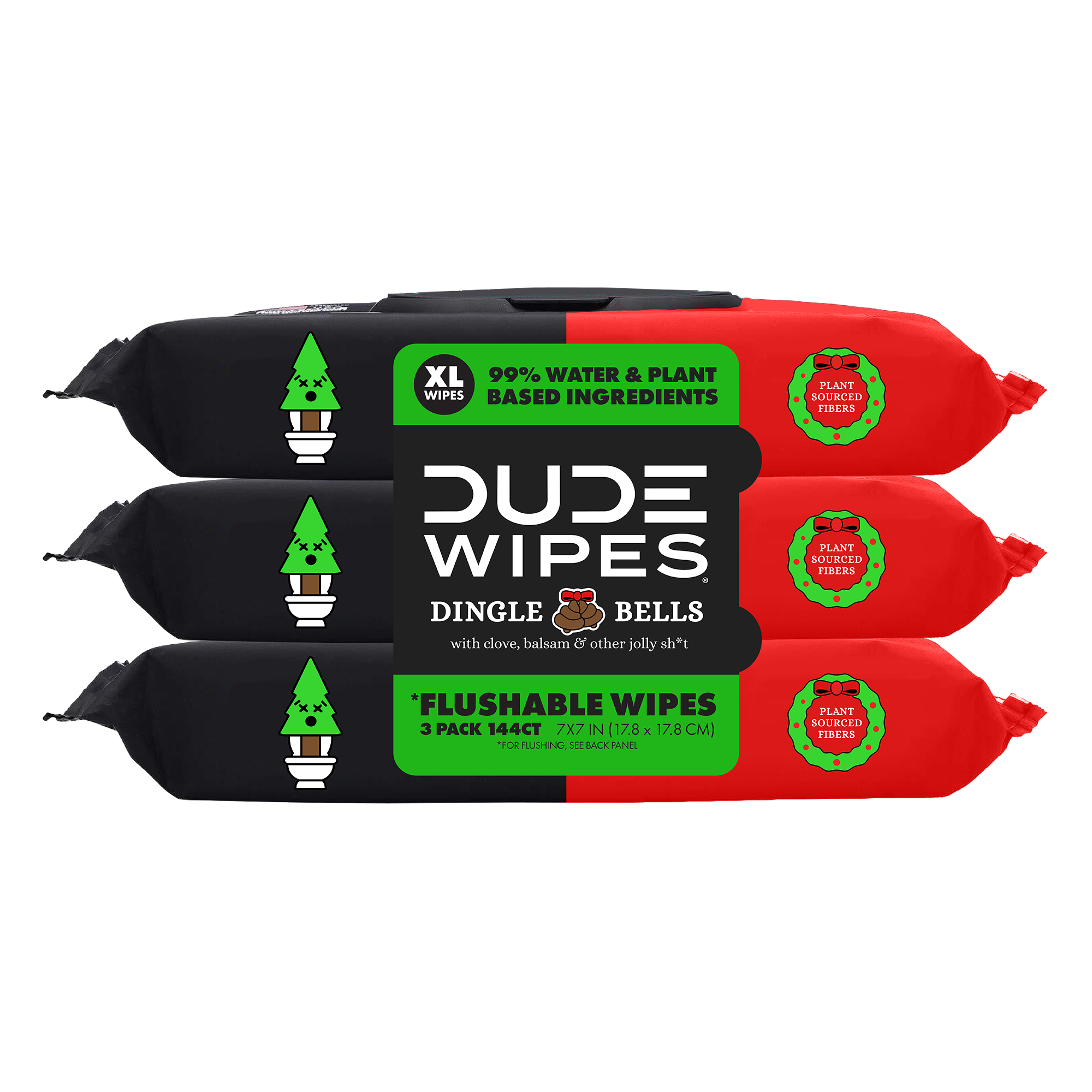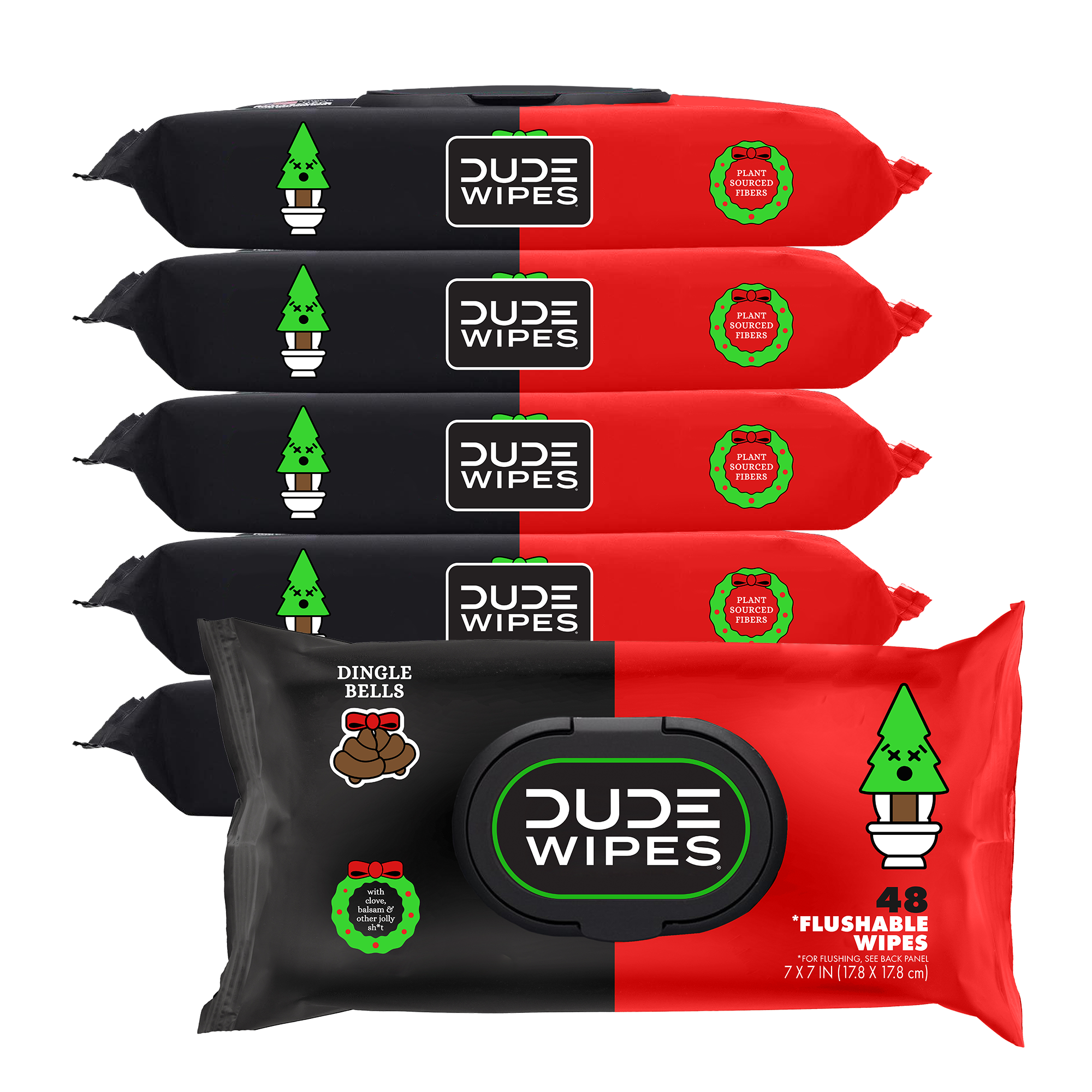TL;DR — Tylenol (AKA acetaminophen) can cause constipation since the medication slows down the movement of poop through your bowels, making it harder to pass.
Every day, millions of Americans pop Tylenol to get relief from headaches, back pain, arthritis, fevers, hangovers, and other pains in the a$$. This stuff works, not to mention it’s dirt cheap and available over the counter at any drugstore.
Butt some people have to make an unfortunate compromise for their pain relief: constipation.
If you’re struggling to poop after popping Tylenol (the name-brand version of acetaminophen), you’re not alone. It’s estimated that 1 out of 10 people can’t start the fudge shuttle when they take it, especially for multiple days in a row. So, how can you stay pain-free and unplug your butt?
Keep reading to learn why Tylenol causes constipation and how to kickstart a bowel movement so you can restore a consistent pooping pattern.
Does Tylenol Cause Constipation?
Yes—constipation is a common side effect of acetaminophen, the active ingredient in Tylenol. Up to 10% of people taking acetaminophen for pain relief experience constipation (meaning they have fewer than three bowel movements per week).
The more Tylenol you take, the higher your chances are of getting backed up. A 2007 study in Neurogastroenterology & Motility found that chronic constipation was associated with people who took 7 or more tablets per week, regardless of age or gender.
Experts aren’t exactly sure why the acetaminophen in Tylenol causes constipation. Some healthcare professionals believe it slows down your gut transit time, which turns your turds hard and dry. It’s also worth considering that if you’re taking pain medications, you’re probably not moving around very much—and exercise is essential for regular bowel movements.
For the record, Tylenol isn’t the only form of acetaminophen that can cause constipation. There are more than 600 medicines that have acetaminophen as an active ingredient, including capsules, liquids, powders, chewable tablets, and prescription drugs.
The tummy troubles don’t stop with a plugged-up colon, though. Acetaminophen is also notorious for causing nausea and vomiting. In fact, those side effects tend to be more common than constipation.
How Do You Stop Constipation from Tylenol?
If you’re taking Tylenol, you’re probably dealing with enough pain already. Don’t add to the problem by straining and squeezing on the toilet. Here are three tips to stay regular.
1. Don’t Take More Than the Recommended Dose of Tylenol
The maximum daily Tylenol dosage for adults is 4,000 mg in 24 hours. Your chances of experiencing side effects, including constipation, can increase if you take more Tylenol than directed. If you want to keep a consistent pooping schedule, follow the dosage instructions.
When in doubt, talk to your healthcare provider about how much Tylenol is safe to take in a given day.
2. Take a Fiber Supplement
Fiber is constipation’s kryptonite. If you’re picking up Tylenol at the drugstore, get some fiber supplements while you’re at it. Dietary fiber softens your turds, improves their consistency, and helps them move quicker through your intestines.
3. Take a Stool Softener or Laxative
If fiber supplements aren’t enough to get things moving, kick it up a notch with a stool softener or gentle laxative. These treatments pull water into your poop, making it softer and easier to pass.
Stool softeners and laxatives are both available over the counter and there are no known negative interactions with acetaminophen, so you should be in the clear to clear out your colon.
4. Stay Hydrated
Whether you’re taking Tylenol or not, staying hydrated is an absolute must for proper plumbing. If you’re posted up on the couch recovering from a headache or a sore back, drinking water might not be at the top of your priority list. But a little H2O goes a long way when it comes to treating (and preventing constipation).
Does Ibuprofen Cause Constipation?
Nonsteroidal anti-inflammatory drugs (NSAIDs) like ibuprofen are a common alternative to acetaminophen for pain relief. Butt, unfortunately, these can cause gut problems too.
Constipation is a common side effect of ibuprofen (Advil) and naproxen (Aleve), according to the Arthritis Foundation. These NSAIDs are also known to cause nausea, vomiting, stomach pain, heartburn, and bad gas.
Which Pain Reliever Does Not Cause Constipation?
While acetaminophen and NSAIDs can both cause constipation, they’re much less likely to plug you up than prescription opioid pain relievers, such as morphine, oxycodone, or hydrocodone. In fact, constipation is the most common side effect of opioid therapy, affecting up to 85% of patients.
For most adults, the benefits of over-the-counter pain relievers outweigh the potential risk of not being able to poop for a couple of days. But the decision ultimately lies in your hands, dude.
Got a Pain in the Butt(hole)? Get DUDE Wipes
We might not be able to get rid of your headache, hangover, or sore back from when you shanked your drive. Butt if you’re suffering from a chapped rear, hemorrhoids, or a chronically itchy crack, DUDE Wipes are here to help.
These babies are infused with aloe and vitamin E to soothe your sensitive sides. Next time you’re at the store stocking up on Tylenol, grab some DUDE Wipes for good measure.


